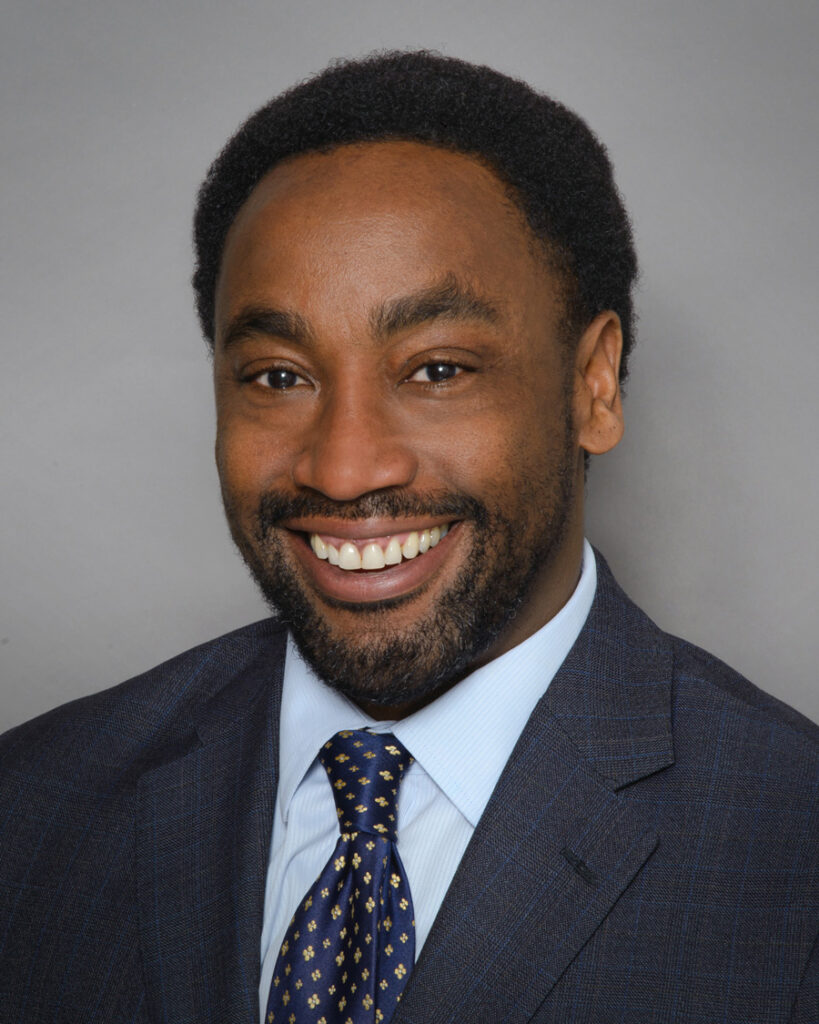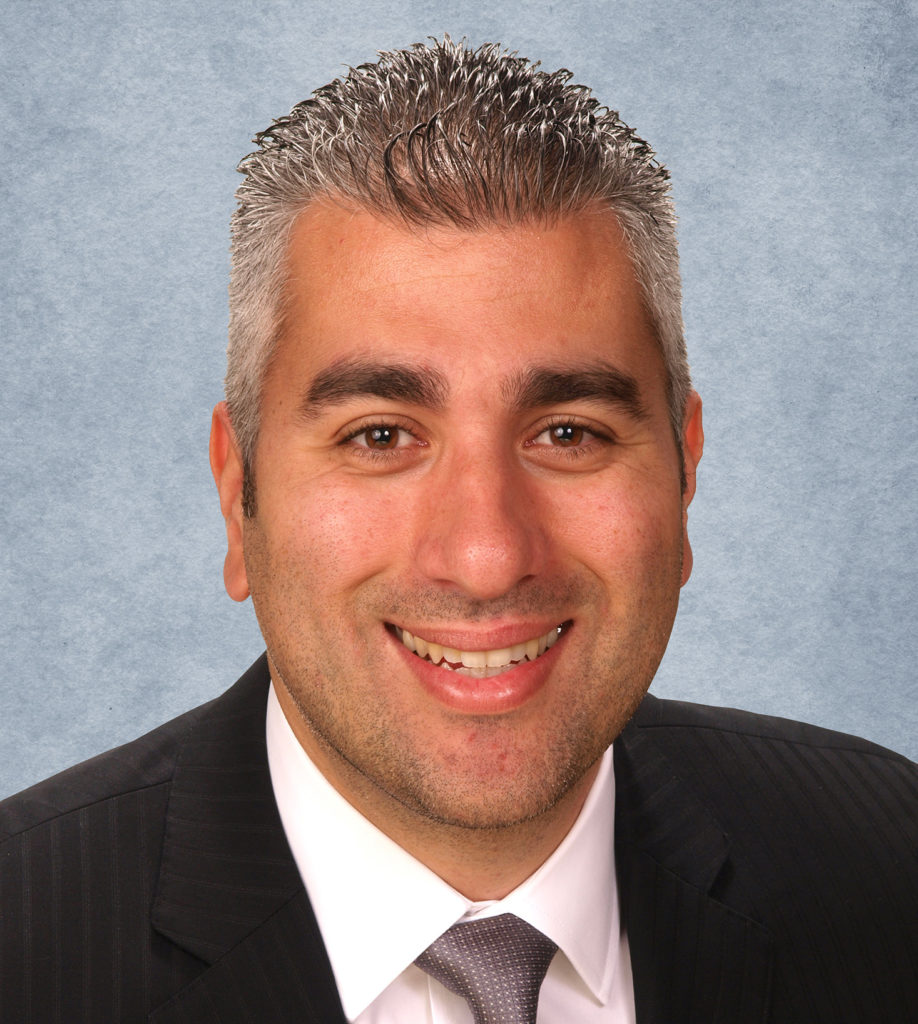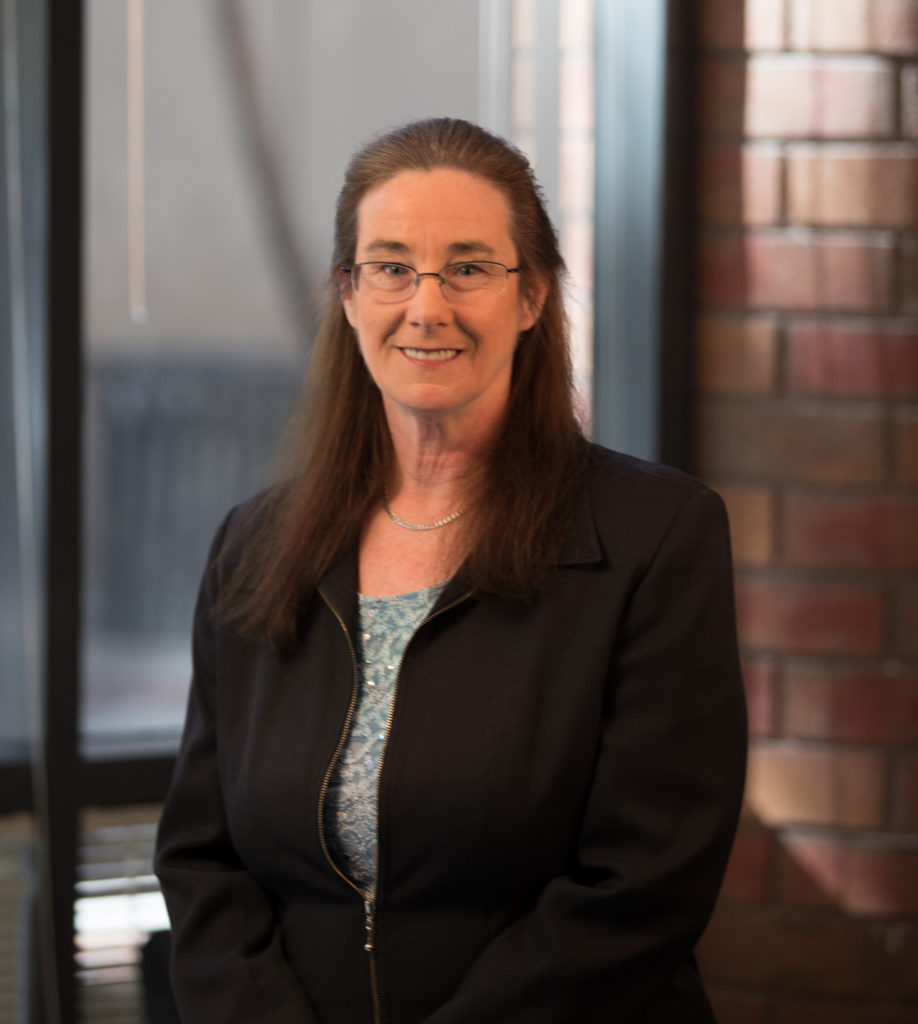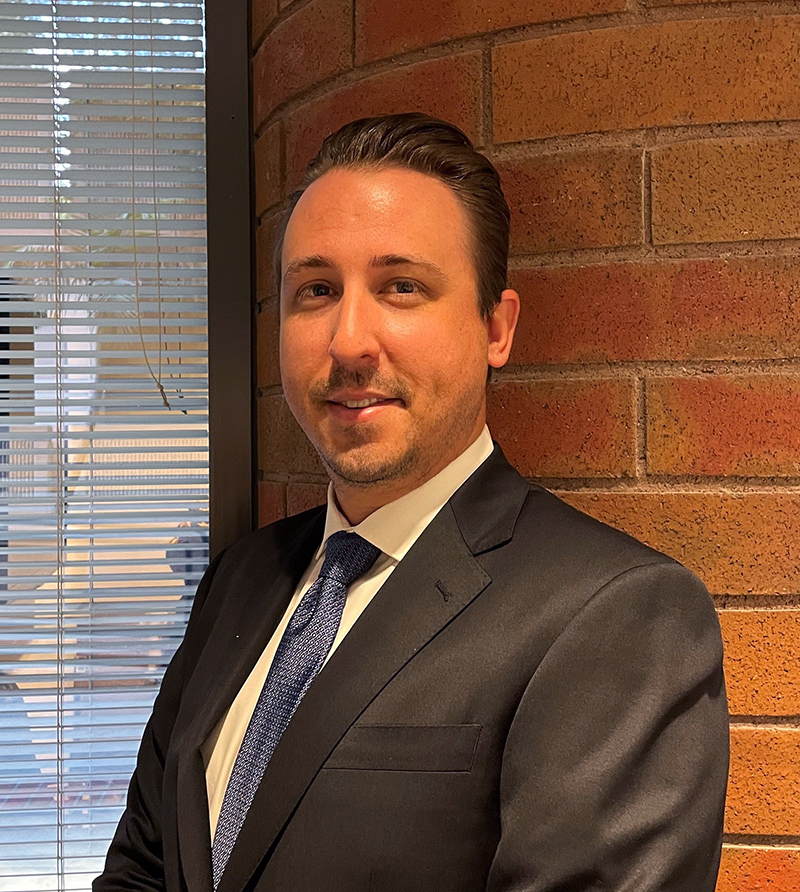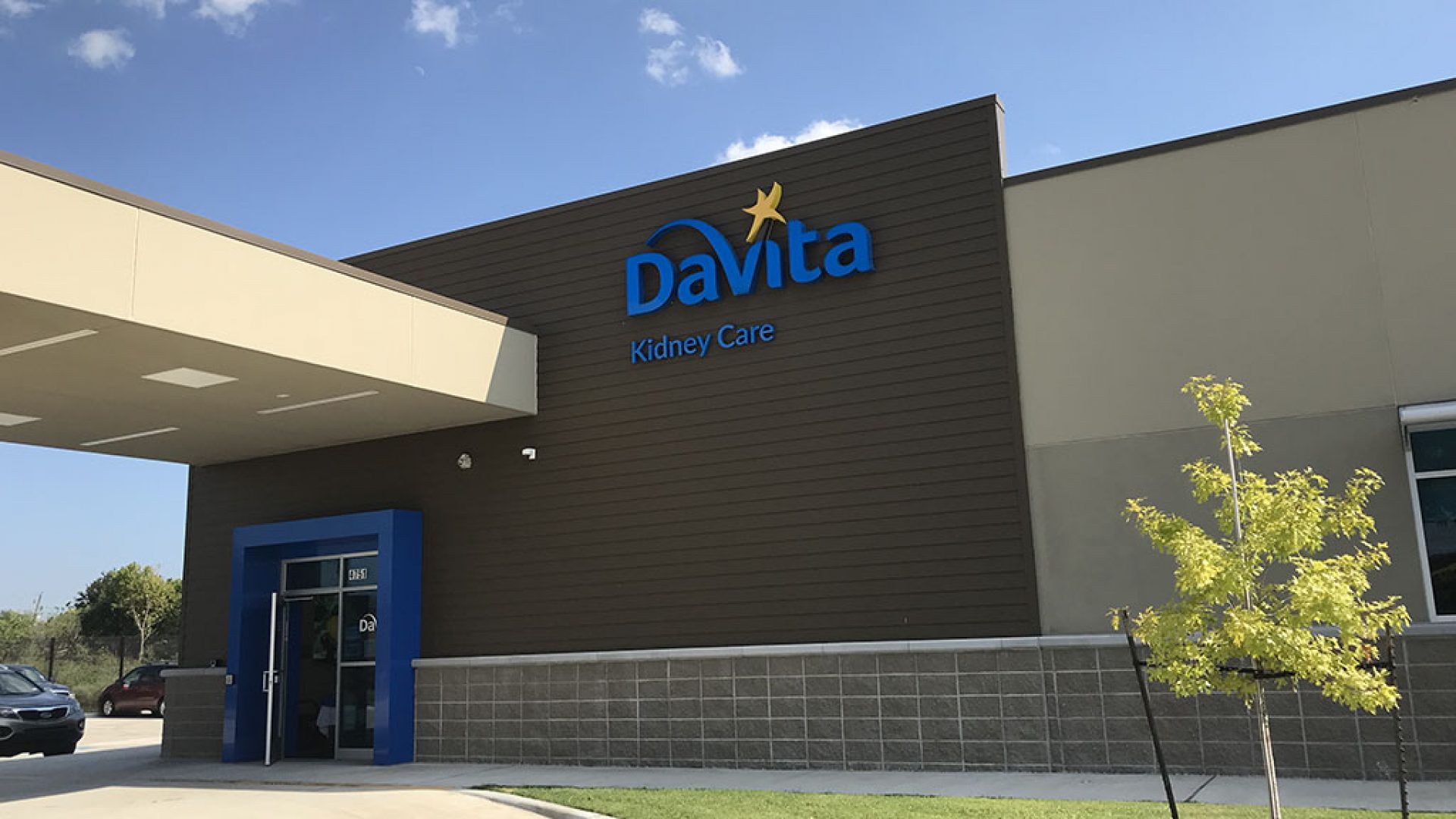The state of the health-care sector is, well, healthy. It was strong before COVID-19, it’s been hale and hearty throughout the pandemic, and there’s no reason to believe it won’t be robust in the years to come. But for commercial real estate investors who play in this space, not all health-care properties are alike.
First, why is health-care real estate a good buy in general? One word: demand. An aging population in the U.S.—with approximately 10,000 Baby Boomers turning 65 each day—brings with it more doctor visits. According to a recent analysis from Deloitte, health spending around the world is projected to climb at a 3.9 percent compound annual growth rate between now and 2024.
With growing demand, there has also been a diversification in health-care property typologies. Hospital campuses aren’t going anywhere, but more providers are establishing a presence in Main Street locations that are cheaper and closer to patients. The move to lower-cost outpatient facilities in established retail corridors has generated fierce competition for real estate in residential-adjacent locations.
Even though the fundamentals of health-care real estate are strong, there are a number of factors a commercial real estate investor must consider when looking to acquire a medtail (medical + retail) property, many of which are leased to a single tenant on a net lease basis. Among these considerations: How much of an investment has the provider made in the property? How long will they be there under the terms of their lease? What type of services do they provide? Here, not all medical providers present equally in the due diligence process.
Dialysis Centers a Sure Bet
Dialysis clinics were one of the first progenitors of the medtail movement. Two factors—the country’s aging population and patients’ craving to receive care closer to home—have long made this an attractive asset class.
One disruptor in this sector is the emergence of at-home renal care. According to the U.S. Renal Data System annual data report, 6.8 percent of new dialysis patients in 2009 were treated at home, but that figure grew to 12.6 percent by 2019. That’s 10 years of pre-COVID growth, and the trend likely only skyrocketed during the pandemic with immunocompromised patients reluctant to receive care in a communal dialysis center.
The leading dialysis providers are well aware of this trend. DaVita, the nation’s second-largest dialysis provider, has signaled a shift from dialysis-only services to integrated kidney disease care and has launched a digital transformation to offer telemedicine consulting services from its centers. Meanwhile, Fresenius Health Partners, the biggest player in the space, will become much larger following a $2.4 billion merger with Cricket Health and InterWell Health.
The dialysis center landscape may look different in 10 or 20 years, but these facilities will remain ubiquitous in neighborhood retail settings, making them a sure bet for investors—especially those with a long-term creditworthy tenant in place.
Specialty Centers in High Demand
There is a spectrum of medical specialists that once occupied offices within large hospitals but, thanks to technological advancements, are now bringing those services to off-campus settings. Otolaryngologists, cardiologists and gastroenterologists are just a few examples of providers making the move closer to their patient base.
Because of the licensing that’s required to operate a health-care facility, as well as the high level of investment doctors make in equipment that is difficult to relocate, these medical buildings are highly sought-after assets with high barriers to entry.
Investors should target high-growth markets where few comparable assets exist. This gives them more negotiating power at lease renewal, as providers are less inclined to leave if it means moving farther from their patient base. Providers whose clinics require a high level of customization and buildout are especially attractive as tenants. That’s because a relocation not only threatens to disrupt operations but also becomes a major expense, making rent increases at their existing facility more palatable.
The Specialization of the Real Estate
Behavioral health is a fast-growing segment of the industry, thanks in part to the gradual destigmatization of mental illness and increased demand coming out of the COVID-19 pandemic. But it’s not necessarily a foolproof investment from a real estate standpoint.
The fact is, most behavioral health providers don’t have the specialized needs of other medical professionals. In terms of space use, they are more akin to traditional office workers than to physicians. With the ability to move on a whim more so than other medical providers, they present more risk to an investor, who must consider how easily they could backfill the vacancy should the tenant elect to leave.
Conclusion
The retailization of health care is a trend that has played out for several years now, but one that seems to be here to stay. With so many different medical providers seeking limited spaces within communities, real estate investors have the luxury of being discerning—as they should be, since some health-care tenants require more specialized treatment than others.
View full article by Ben Reinberg @ The Commercial Property Executive.
